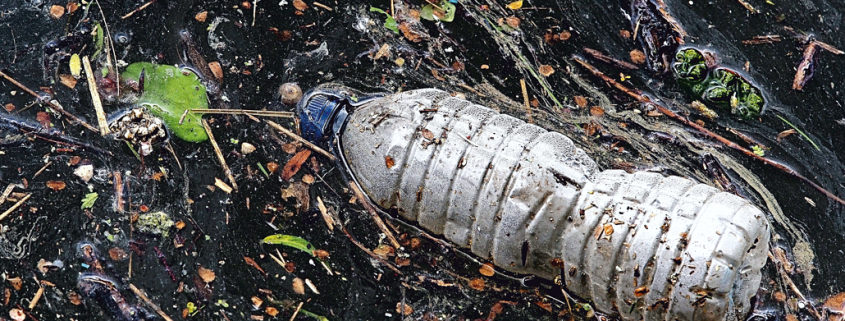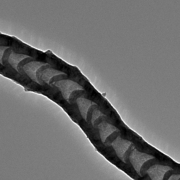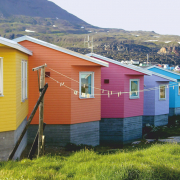India: Collecting and Recycling of River Waste
In August this year, Finnish firm Riverrecycle Oy has announced that its collection unit for river debris and plastic waste on the Mithi river in Mumbai is operational after the testing phase.
“The solution supports the local waste management by converting plastic waste into raw materials for plastic and other products, with direct benefits to all participants throughout the value chain,” the company informed. The project had started in October 2020 with funding from Huhtamaki, a global provider of packaging solutions for consumers, as part of their larger initiative to promote global sustainability initiatives with local impact. In cooperation with United Nation’s Global Pulse, VTT Technical Research Centre of Finland and Earth5R, an India-based environmental entity, the company’s operation would reduce the input of plastic into the Indian Ocean, the press release said.
To recover the plastic floating along the Mithi river, the business, supported by the above-mentioned partners and local administration MMRDA, has installed a device that concentrates and guides floating plastic into an automated collector, lifting it out of the river. The device, which is designed by the firm, would be able to capture up to 50 tons of waste daily. “The system includes a sorting station and will be including waste segregation facilities, available to the local community.” Part of the recycled waste revenues would be used to sustain the process.
In June, the Finnish company had announced that it had signed a collaboration agreement with ICTSI Foundation to install a financially sustainable solution to discarded plastic along Pasig River in Manila, Philippines. The agreement would include funding of approximately 1.0 million US-Dollar for Riverrecycle regarding the implementation of the project.
According to the information, the Pasig River cleaning project will see the “collection of plastic floating along the river, with the goal of converting the plastics into oil”. The river collection system is also expected to lessen the amount of water hyacinth in the river. “The project will be accompanied by an awareness campaign to empower local communities to adopt alternative waste management behaviors and avoid future plastic pollution,” Riverrecycle gave account. It expects to combine economic viability with high environmental impact. The firm is currently active in India, Indonesia, Bangladesh, the Philippines and Vietnam. It intends to install 500 cleaning and recycling points in the coming years.
(Published in GLOBAL RECYCLING Magazine 3/2021, Page 43, Photo: Andrew Martin / pixabay.com)







